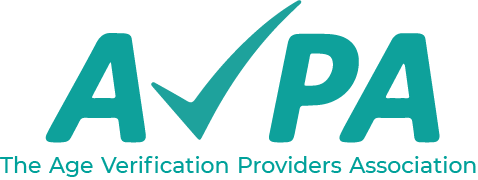We recently had to withdraw our support from AB 3080 as a result of an Amendment accepted by the California Senate’s Judiciary Committee. We had already given evidence in person as expert witnesses proposing the Bill to both the Assembly Privacy and Consumer Protection and Judiciary Committees.
In the form passed by the Assembly 65-0, we fully supported the Bill as a major step forward. But we could not support the bill once it included the following wrecking amendment that made the Bill entirely nugatory, merely putting into law the existing, inadequate practice of the pornographic industry only to label their sites as such – indeed this law will give the current wholly ineffective situation the blessing of California’s legislators if it is passed and signed by Governer Newsom.
The destructive amendment created not as an additional requirement but as an alternative means of compliance for adult websites an unclearly defined new method:
(iv) Implementation of a system that does both of the following:
(I) Includes metadata or response headers identifying the product as sexually explicit to parental control software, embedded hardware applications, and other similar services designed to block, filter, monitor or otherwise prevent a minor’s access to inappropriate online content.
(II) Block users designated as minors by the operating system of the device used to access the website.
Clause (I) is exactly what is already in place today. The vast majority of adult sites, and certainly any most people could name, use the Restricted to Adult watermark facilitated by the Association of Sites Advocating Child Protection (ASACP). This amendment merely moved that current reality from voluntary to mandatory but required no further action on the part of the adult sites. Sites which do not already label themselves RTA are unlikely to be sites that take any notice of California’s laws, so few if any sites will add this label as a result.
Part (II) is logically, and therefore legally, nonsensical.
- The adult sites in scope for this Bill have no control over smartphone operating systems. Smartphone operating systems are almost entirely provided by Google (Android) and Apple (iOS). While Apple and Google do both ‘conduct business in California’ it is unlikely courts determine that they ‘make available’ pornographic sites simply by supplying the operating systems which enable access to those sites.” [§1798.99.1.(a)]. So this is a requirement which is placed on no legal entity
- “users designated as minors by the operating system of the device”: An operating system itself cannot designate a user as a minor, it is just software code. So, it needs to be a legal entity on whom this obligation is placed for this option to be implemented. The Bill does not specify whom this is. No candidates for this role are in scope for the Bill.
The result of this amendment is that the porn sites need do nothing different from today, and when the Bill comes into force absolutely nothing will change. Not one child in California will be better protected from exposure to pornography as a result of this Bill with this amendment included.
We still hope the wrecking amendment can be removed and California will seize its opportunity to make the Internet a safer place for children, in that state and, given the pivotal role of platforms that are established in California, globally.
With the amendment, the Committee and in due course both Houses are merely endorsing the status quo. It was therefore no surprise to see the Free Speech Coalition which represents the adult industry, withdraw its opposition the day after the Committee’s hearing. Perhaps if they had done so before the meeting, the Senator’s may have realised whose side they were about to take.
Image https://commons.wikimedia.org/wiki/User:Senapa / CC BY-SA 3.0

